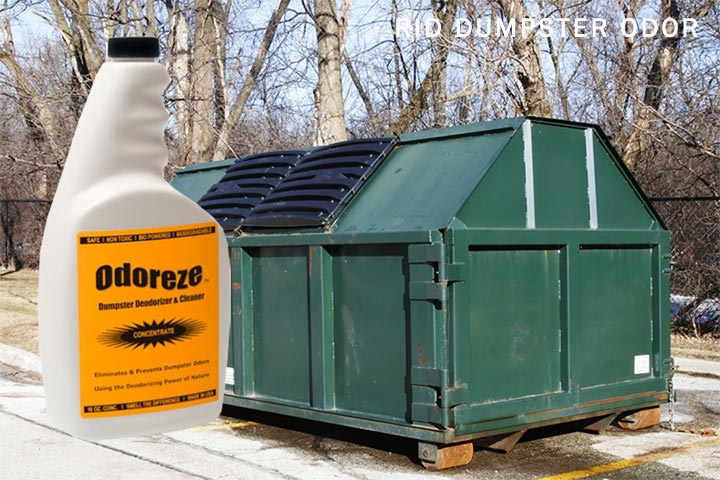Whether you own a commercial complex or running an educational facility, every customer expects a soothing comfort experience. It matters where people choose to shop or dine. It’s not only about the air temperature but an unpleasant odor may also drive your customers away. Imagine a situation in a restaurant with a lingering indoor odor of grease or even mildew? Additionally, the customer can’t help but wonder about cleanliness and food safety.
Poor Odor Can Ruin A Good Experience
Odors in any commercial environment can escalate problems for any business in any industry that deals in public relations. It doesn’t matter how good the service may be, most of the incoming people would be influenced not to return after a malodorous restroom experience. You are not losing just the customers who won’t return but the future customers who will read the negative feedback given by the previous customers. Word of mouth and negative feedbacks can severely damage the reputation of your business.
Odors You Should Know
Every business owner working within a commercial setting should know sewer odors, hydrogen sulfide and rotten egg odor, methane, carbon dioxide, ammonia, stinky dog-like smells, and so on. If the bad smell is connected to toilets overflowing, open pipes with sewage gas or bacteria-producing agents then you need to install an odor neutralizer.
Where You Should Implement an Odor Controller?
- Trash Chutes and Trash Room: Trash rooms and chutes are other major sources of bad smell. A diffuser system destroys airborne malodors. Our odor neutralizer system is effective and simple-to-use. It can neutralize malodor from the trash and trash chute, thereby freshening the air.
- Restaurants: If you are a restaurant owner, you could alter the customer’s loyalty. No matter how good is the food you serve, the customers would be influenced not to return to the restaurant if they experience some types of issues related to the washroom facility or bad odors. It’s not about one customer but the future customers too, who would read negative reviews on social media about your business and this may adversely affect your sales.
- Buildings and Commercial Environments: Commercial places such as schools, colleges, and universities need odor control and management with a different approach and strategies because of variation in age groups of the individuals. Offices and retail areas mostly deal with adults but schools are concerned with children with diverse tolerance levels.
- Malodors in School and Educational Settings: Elementary schools are well known for problems pertaining to urine odors. Many usecitrus or fruity fragrance while others prefer different scents. Floors need to be cleaned frequently to remove all traces of urine. Matting could be placed around urinals for odor removal, but they must be replaced at least once in a week.
Unpleasant odors must be dealt with at the source end. Using an effective odor control product, locating the exact source, frequent cleaning and maintaining equipment are the four basic principles of odor management.
Author Bio:
Erich Lawson is passionate about saving the environment through effective recycling techniques and modern innovations. He works with Compactor Management Company and writes on a variety of topics related to recycling, including tips and advice on how balers, compactors, and shredders can be used to reduce industrial waste. He loves helping businesses understand how to lower their monthly garbage bills and increase revenue from recycling.




